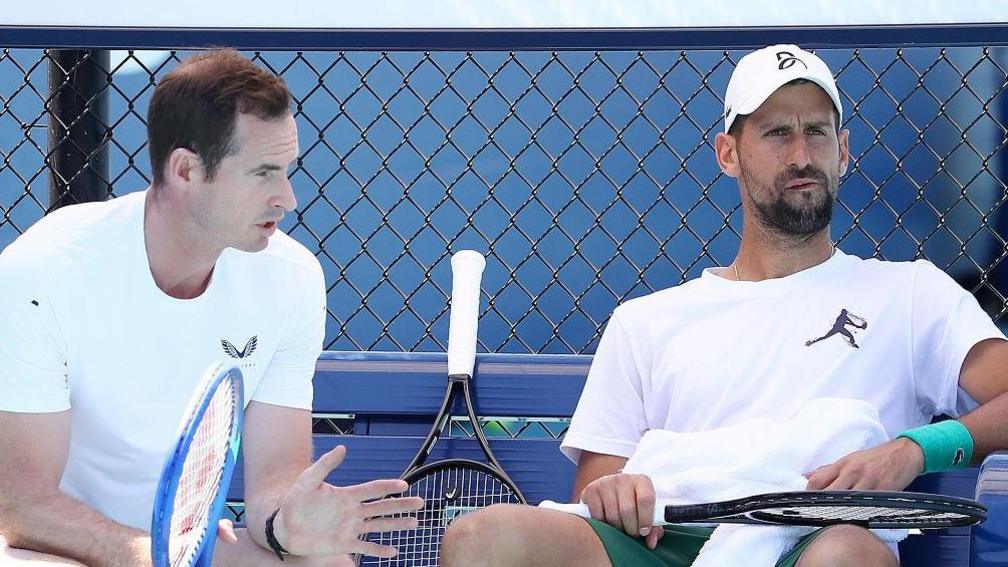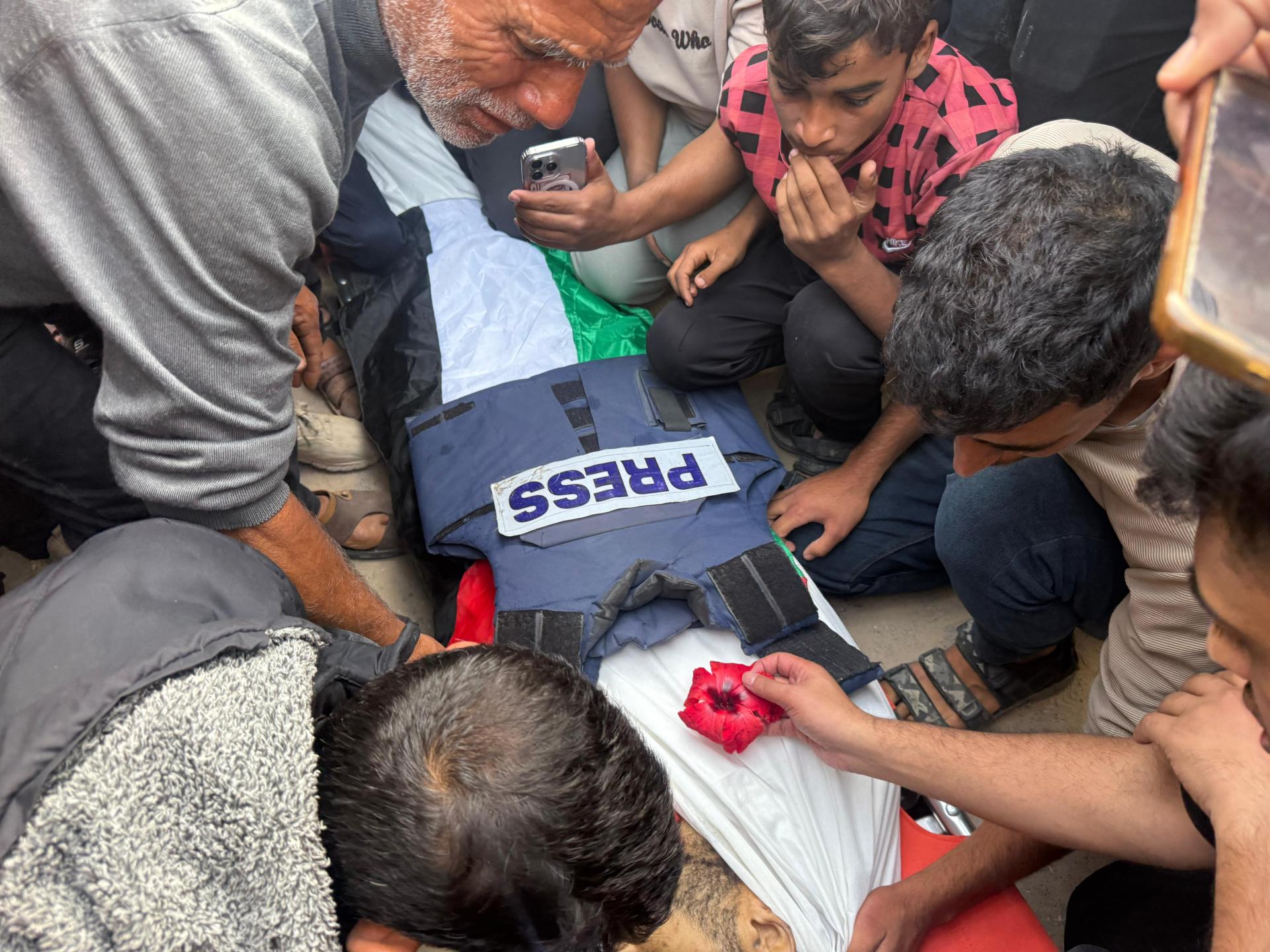When Israel announced on May 5 its intention to permanently reoccupy Gaza, it did not merely declare a new phase of military domination. The expansionist state also signalled an intensification of its campaign of erasure and systematic silencing.
This move should sound an alarm for every newsroom and journalist around the globe. This is not just a territorial occupation, but a war on truth. And in that war, Palestinian journalists are among the first to be targeted.
The staggering toll of media workers killed in Gaza speaks for itself. One recent report states that more journalists have been killed in Gaza than in the two world wars, the wars in Afghanistan, the former Yugoslavia and Vietnam combined. It is the deadliest conflict for media professionals ever recorded.
According to Gaza’s Government Media Office, at least 222 journalists have been killed. The Institute for Middle East Understanding (IMEU) summed up this deplorable state of affairs by stating that “Israel is the greatest killer of journalists in modern history.”
This is not just the consequence of war. This is a strategy. This is a media blackout enforced through bloodshed and sealed borders.
Just on Sunday, one of the bloodiest days in recent months, the Israeli Occupation Forces (IOF) killed husband and wife journalists Khaled Abu Seif and Nour Qandil along with their little daughter in Deir el-Balah. They also murdered photographer Aziz al-Hajjar and his wife and children in northern Gaza and journalist Abdul Rahman al-Abadlah in southern Gaza. An Israeli strike on a tent in the “safe zone” of al-Mawasi killed Ahmed al-Zinati and his wife and two young children.
On Thursday, two journalists – Hassan Sammour and Ahmed al-Halou – were killed in two Israeli attacks. Two days earlier, an Israeli drone targeted journalist Hassan Eslaih in the barely functioning Nassar Medical Complex in Khan Younis. Eslaih was recovering from injuries sustained when the IOF bombed a media tent on April 7. In the attack, Eslaih’s colleague Hilmi al-Faqaawi was burned to death.
On April 17, Fatima Hassouna, a prominent photojournalist whose life during the genocide became the subject of a documentary, was targeted and killed in her home along with 10 members of her family. A day earlier, she had found out that the film would be screened at the Cannes Film Festival.
On May 7, when more than 100 people were killed in a single day, journalists Yehya Subeih and Noor al-Din Abdu were also targeted.
Yehya’s first child, a baby girl, had been born that very morning. He had left home to get supplies for his wife and never returned. His daughter will grow up marking her birthday on the same day her father was killed.
Abdu was covering an Israeli massacre at a school in Gaza City when he was killed. Apart from his journalistic work, he was also documenting the devastating loss of his own extended family. On May 6, he sent the name and photo of yet another victim to add to the list he and his uncle Rami Abdo, founder of the Euro-Med Human Rights Monitor, were keeping. A day later, he was added to it himself.
These are just a few of the many assassinations Israel has carried out in its pursuit of a media blackout in Gaza. There are also many more cases of journalists who have survived but the trauma has silenced them.
Among them is my relative Rami Abu Shammala. Rami’s family home stood only a few blocks from the ruins of my in-laws’ home in Hay al-Amal in Khan Younis – or what remains of what was once a vibrant, living neighbourhood.
On May 4, a day after we marked World Press Freedom Day, an Israeli strike destroyed Rami’s home, killing his sister-in-law Nisreen and sending six children to the emergency department of the Nasser Medical Complex. Rami was not home and survived, but he fell into a state of grief so deep he could no longer bear witness.
Just two days earlier, journalist Norhan al-Madhoun lost her brother, Rizq, a photographer, in an Israeli air strike targeting a community kitchen he was volunteering in. He and five of the kitchen workers were murdered in an instant. In October, the family lost father Ahmed Khalil al-Madhoun when he was killed while delivering water and then another brother Haitham, who was killed the very next day.
Following Rizq’s killing, Norhan posted on social media the following: “With a heart that cracks from so much loss, I mourn you today, my beloved brother and my irreplaceable rib. … Those who knew him know that he was a homeland of generosity, a haven of compassion, and a constant voice for courage and truth. But I, who have always found refuge in the word, in writing as a career, find myself helpless before the enormity of loss.”
This is what silencing a journalist looks like – not just the destruction of cameras and press vests, but the destruction of families, homes and futures. Grief and shock may silence even more than intimidation.
All of this bloodshed targeting Gaza’s journalists has been happening at a time when Israel is supposedly carrying out “limited operations”. We can only imagine what will happen as its genocidal army moves in to reoccupy the strip.
The world must no longer turn a blind eye. Palestinian journalists’ survival and freedom to report demand urgent, global action.
Foreign journalists cannot continue to stay silent about Israel’s refusal to allow them to report freely from Gaza. Embedding with the IOF and being shown only what it wants the media to see must be publicly rejected.
Without international media access, Gaza will continue to be a closed theatre of war, a place where crimes can continue unseen. In Gaza, the absence of cameras will be as deadly as the bombs exported from the United States.
Now is the time for journalists, editors and news organisations to demand access – not only as a professional right but also as a moral imperative. Until this access is granted, newspapers and cable news networks should routinely remind readers and viewers that their journalists are denied entry by Israel.
This is not just about solidarity with Palestinian journalists. It is about defending the very essence of journalism: the right to bear witness, to document the stories that those in power would rather keep hidden.
It is crucial to take a stance now as we are seeing a global trend of press freedom retreat, accelerated by the silencing of Gaza. The number of countries that genuinely uphold a free and vibrant news media is steadily shrinking. Simultaneously, the technological promise of social media to be a force for democratic change – once seen in the Arab Spring – has all but vanished.
Now is the time to enter Gaza. The international media must act – not later, not when the killing stops, not when permission is granted by Israel – but now. What is required is a global demand for access, for accountability, and for the protection of those who dare to speak.
This is the moment. We must not miss it.


